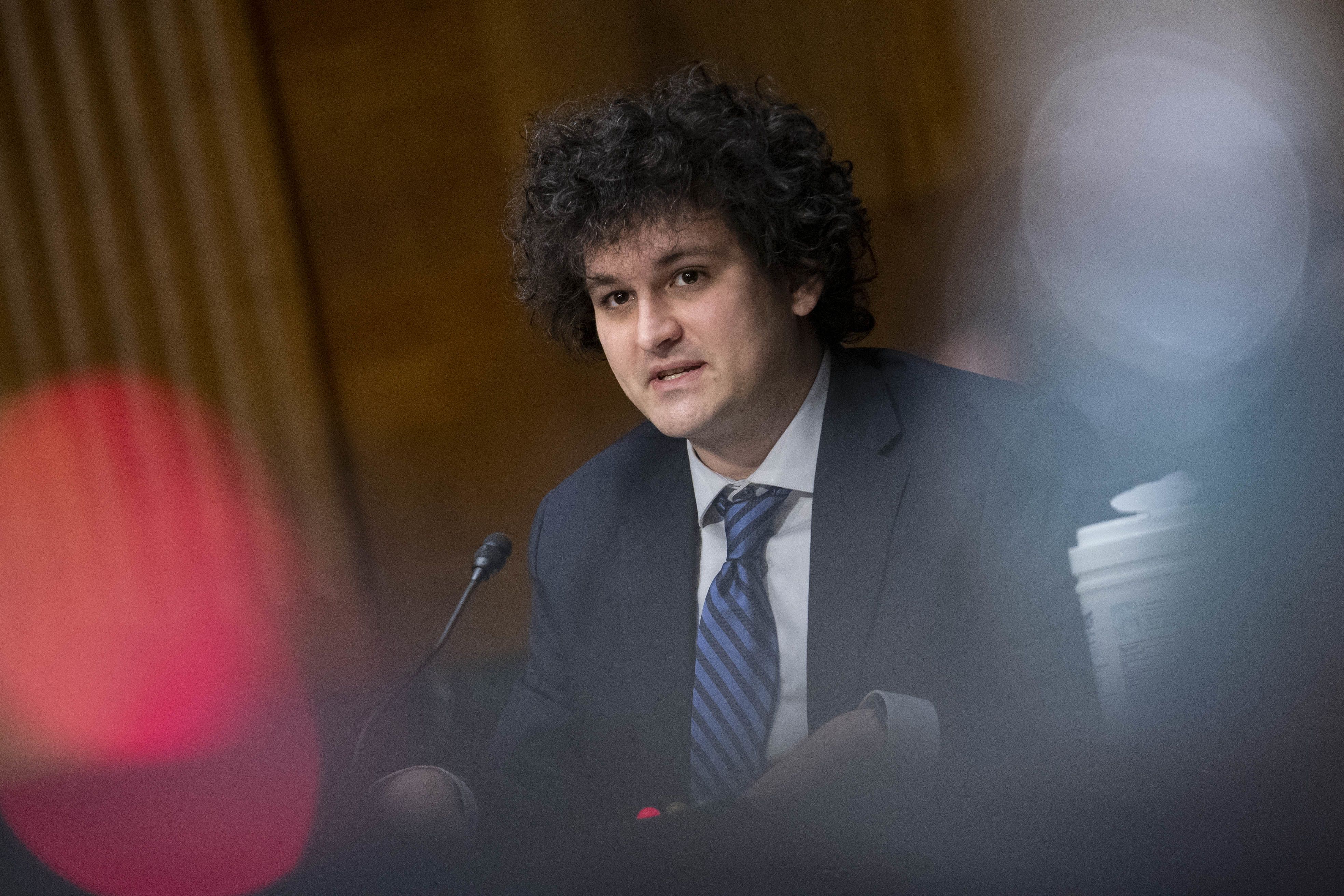Another thing that concerns me is there’s some discussion now that any kind of interference by the government is bad news. That’s clearly not the case. We have a history in the US in which the government provide some guidance so there’s not unfettered competition and an absence of protection for consumers. For example, in the two or three years following the introduction of OSHA (Occupational Safety and Health Administration), productivity went up in the US. Profit margins went up. What happened is workers felt more comfortable that the equipment they’re using is safe. That the company is looking out for them. So I think we have to recognize that good regulation is very good news for long-term economic wealth.
The strength of economic growth and long-term prosperity — not talking about stock market prosperity, I’m talking about the prosperity of the people in the nation — is very much tied to the health of the middle class, and to whether the wage increases for those families are adequate. What has happened is that this rise in inflation has pulled apart the curtains. Now we see much more clearly where these problems are and where the issues are.
I, for one, am happy to see that wages are now rising. I’m happy to see that workers have more flexibility in how they want to conduct themselves. That’s a good start. It’s not the end solution. We need to recognize that a 40-year problem is not going to be corrected in four months. It’s going to take longer.
A Deadlier Pandemic
SAM BANKMAN-FRIED
Co-founder, FTX
One thing that has seemed particularly important to me is how we handle future pandemics.
Covid doesn’t show us a worst-case scenario. The really worrying case is that we have a repeat of what happened — where we are not prepared at all beforehand — and it ends up spreading to much of the world, but with a way higher fatality rate and ends up killing a lot of people. That we are unable to contain it as a society, and in addition to causing potentially a lot of deaths, the economy grinds to a halt amid the chaos and lockdowns — a more extreme version of what we saw during Covid.
It was pretty clear to see in retrospect that we were not ready for Covid. There was no coordination in terms of what the response should be. If you look at where we are today, we have not started putting any of those processes in place that we should have had last time.
The biggest problem is that there weren’t that many lessons we really learned as a society. We are in much the same place we were beforehand. There’s almost no discourse about a future pandemic and almost no momentum.
It played out pretty poorly this time when all was said and done, and at the very least you could see a repeat of that, where not only did we have massive supply chain problems, but, in retrospect, we had a massive monetary supply increase to try to mask over what would have been probably a devastating economic hit otherwise.
As Covid winds down and our economic and monetary countermeasures wind down, it becomes clear that in fact we never really averted economic impact from Covid. It had a massive negative impact. You can look at runaway inflation. You can look at rising interest rates, a slumping economy and slumping markets — which, in the end, all trace back to Covid or our responses to it to try to mitigate the short-term economic impact.

San Bankman-Fried (Bloomberg)
When all is said and done, we will have spent tens of trillions of dollars as a world trying to contend with the fallout from Covid. That is a really huge expense. And we’re still not done. It’s sobering to see the scale of impact combined with not even solving the problem. And that’s with a workforce that is able to mostly go back to work in person. If you have a more deadly strain, there can be a lot more worry about getting back to work and you could see a much more protracted productivity decline.
It put a lot of political and partisan strain on the US and many countries. What you really want to do is nip this in the bud so that you stop a pandemic from getting out of control in the first place. Cut it off way closer to the source. And then you don’t have to make these hard trade-offs later on. That means instead of arguing about masks, we should have been focusing on how can we get in place good ventilation inside of buildings so there is massively less spread of pandemics through them. That would have been a much healthier focus for us as a society.
One of the fortunate things is that this is bipartisan: No one wants pandemics. This isn’t one party against another, in the way that some debates over some specific mitigation techniques ended up being. I have been spending a fair bit of effort, time and capital on trying to advance pandemic prevention legislation and policy.
A lot of the discourse around Covid and pandemics in general has focused on things like masks. By the time that’s the debate, we’ve already failed at the much more important goal. By having early detection systems, by having good ventilation in buildings, through a combination of common sense, the goal is to get to a place where outbreaks don’t become pandemics in the first place. Where we don’t have to shut down the economy, where people don’t have to die, where we don’t have to make trade-offs. Where hopefully we can spend tens of billions of dollars today to save tens of trillions of dollars later.








